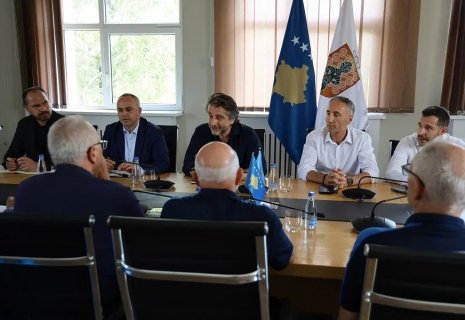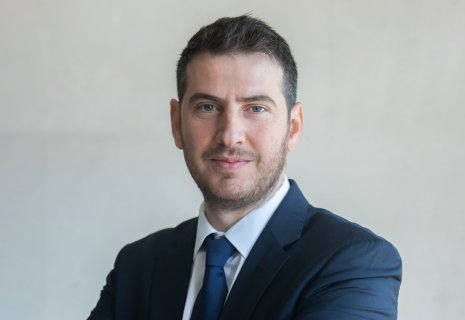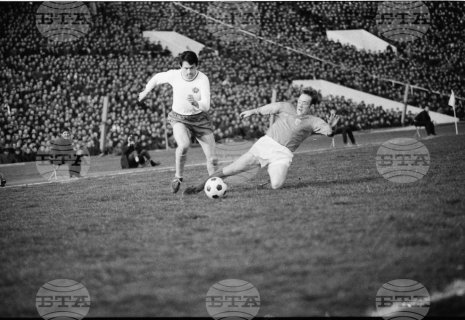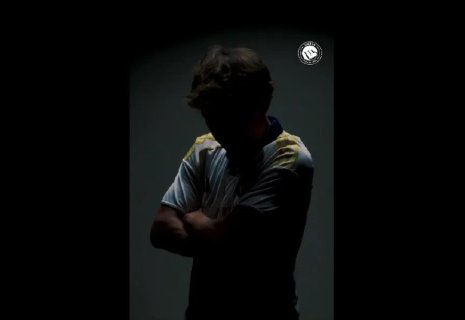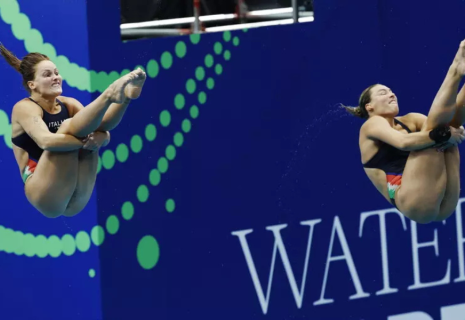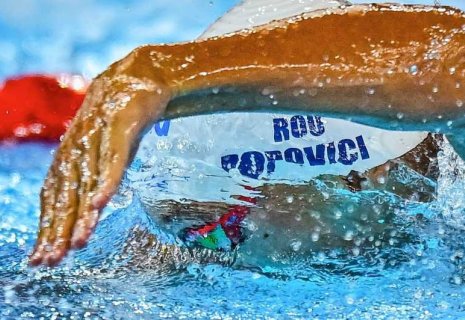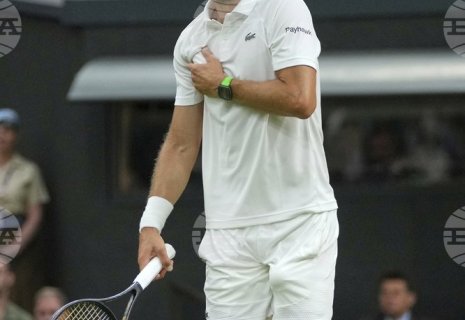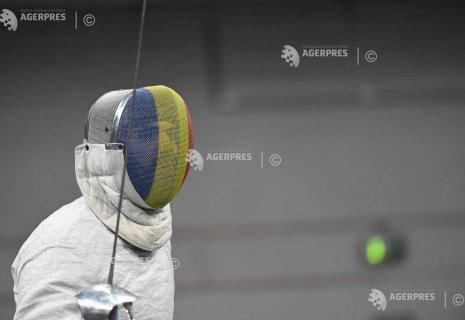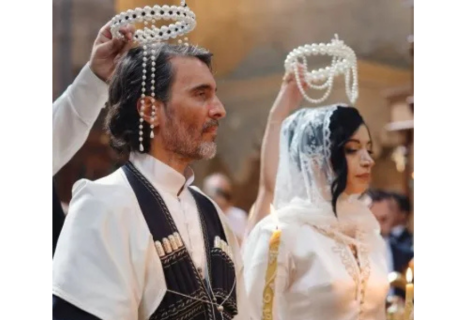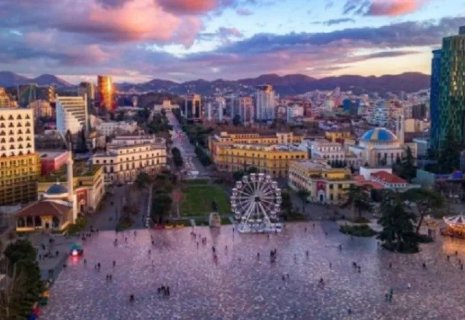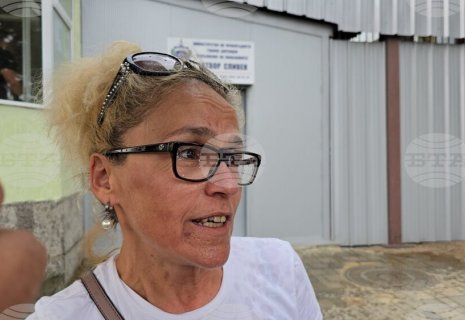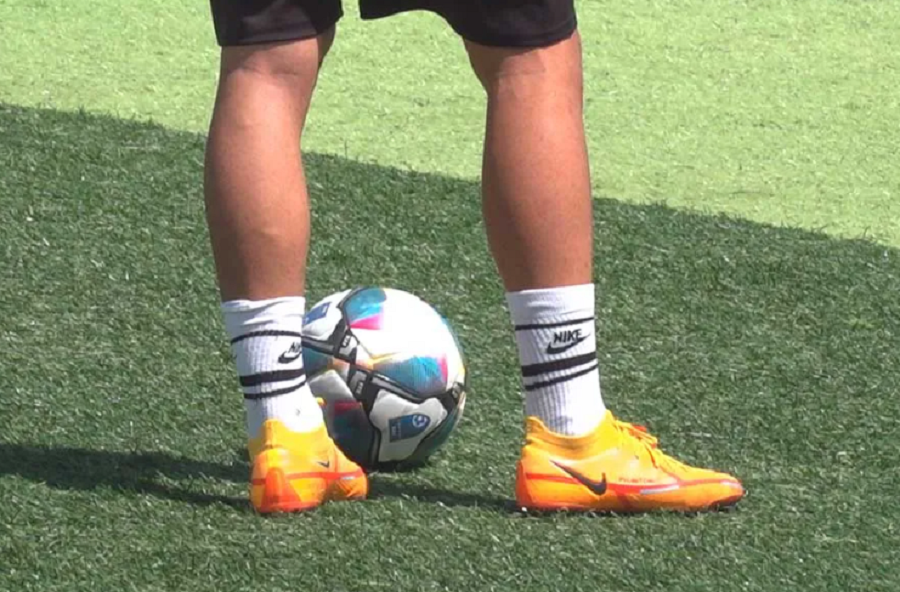
Athletes Urged to Shift Workouts to Cooler Times
The rise in temperatures during the summer is causing serious concerns for the safety of athletes, especially young ones, during their sports and physical activities, CE Report quotes Kosova Press.
Experts in the field and professional coaches are warning about the risks associated with training during peak heat hours, calling for schedule adjustments and additional measures to protect health.
According to them, heatstroke can be fatal, while a lack of hydration and physical activity under inappropriate conditions directly affect heart function and physical performance.
The Dean of the Faculty of Physical Education and Sports, Florian Miftari, told KosovaPress that physical activity should definitely be avoided during peak temperatures or carried out only in air-conditioned environments.
According to Miftari, athletes who engage in physical activity under high temperatures can suffer from what is known as “heatstroke,” a process that may lead to fatal outcomes.
Meanwhile, athletics coach Adrian Mazreku calls for changing the training schedule, recommending that they be held in the evening, but emphasizes the fact that this poses a problem because Kosovo does not have adequate infrastructural conditions that enable such a thing.
“The only option remains for athletes to change their training times. We must avoid noon workouts, and sports federations should avoid organizing activities during peak heat hours, opting instead for evening times. Of course, this requires lighting, and I understand the technical problem. Everything we are talking about here is a challenge for the state, because we as clubs and coaches struggle to meet those criteria. What we are aiming to do is to wake up earlier and move the high-intensity training sessions, which we used to do in the afternoon, to the morning instead… We know that the human body is made up of 65–70 percent fluids, and we must consume as much water as possible. An athlete must not be left without water during the training process; they must also consume much more water after training than they would during winter or when the weather is not very hot," declares Mazreku.
Meanwhile, Kosovo’s national senior athletics coach, Bajram Duja, explains the disruptions an athlete’s body undergoes when training in high temperatures.

